Understanding the new H-2 Visa rule and its impact on agricultural employees.
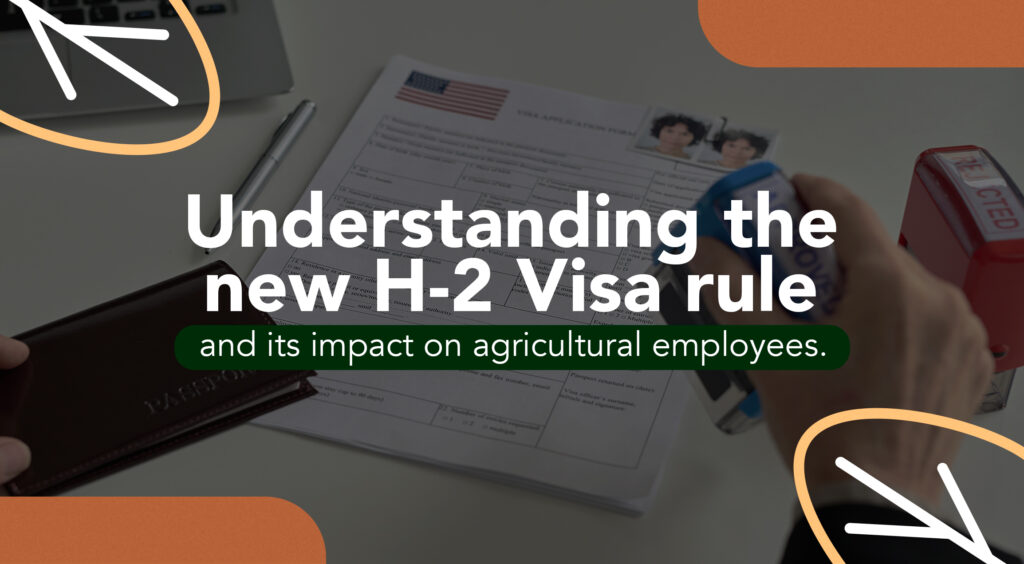
As a nursery deeply involved in agriculture, we recognize the importance of staying informed about regulations that affect our industry. Recently, a significant development has occurred concerning the H-2A and H-2B guest worker visa programs, which are vital for many agricultural operations.
Legal Challenge by Industry Groups
In response to this rule, the Federation of Employers and Workers of America (FEWA), along with organizations such as the National Association of Landscape Professionals and the National Council of Agricultural Employers, filed a lawsuit against DHS and U.S. Citizenship and Immigration Services. The plaintiffs argue that:
- The rule exceeds DHS’s statutory authority by allowing it to enforce labor laws.
- It violates the Congressional Review Act by reinstating a previously disapproved blacklisting rule.
- The rule is arbitrary and capricious under the Administrative Procedure Act .
Arnulfo Hinojosa, FEWA’s Chief Operating Officer, stated, “We want to stop this illegal rule and return DHS to its primary function of assessing H-2 visa eligibility, not enforcing labor laws.”
Overview of the New DHS Rule
On December 18, 2024, the U.S. Department of Homeland Security (DHS) issued a final rule titled “Modernizing H-2 Program Requirements, Oversight, and Worker Protections,” effective January 17, 2025. This rule introduces several changes to the H-2A and H-2B visa programs, including:
- Blacklisting Provisions: DHS can now deny H-2 petitions if employers are found to have collected illegal fees from workers or have past violations of labor laws, even if unrelated to the H-2 programs .
- Enhanced Oversight: The rule grants DHS expanded authority to enforce labor law compliance, a role traditionally held by the Department of Labor .
Implications for Agricultural Employers
For nurseries and other agricultural employers utilizing the H-2 programs, this rule could have significant consequences:
- Increased Scrutiny: Employers may face heightened inspections and potential denials of H-2 petitions based on past labor violations.
- Operational Challenges: The risk of being blacklisted could disrupt labor supply, affecting planting and harvesting schedules.
- Legal Uncertainty: Ongoing litigation adds a layer of uncertainty, making it challenging to plan for future labor needs.
Recommended Actions
To navigate this evolving landscape, we recommend:
- Legal Consultation: Engage with immigration and labor law experts to understand the rule’s implications for your operations.
- Compliance Review: Conduct thorough audits of labor practices to ensure adherence to all applicable laws and regulations.
- Stay Informed: Monitor updates on the lawsuit and any changes to the rule’s enforcement.
- Advocacy: Participate in industry associations to voice concerns and contribute to collective efforts challenging the rule.
Conclusion
The new DHS rule represents a significant shift in the administration of the H-2 visa programs, with potential ramifications for agricultural employers. By staying informed and proactive, nurseries can better prepare for and adapt to these regulatory changes.

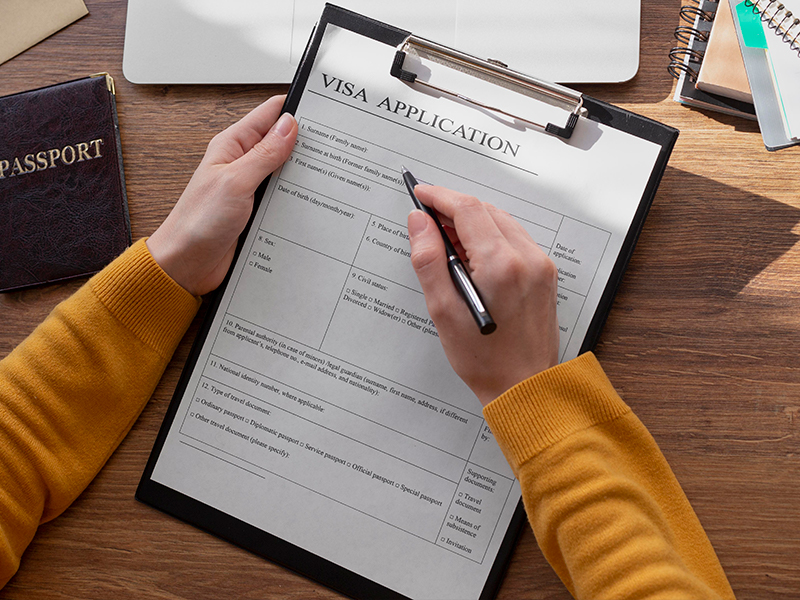
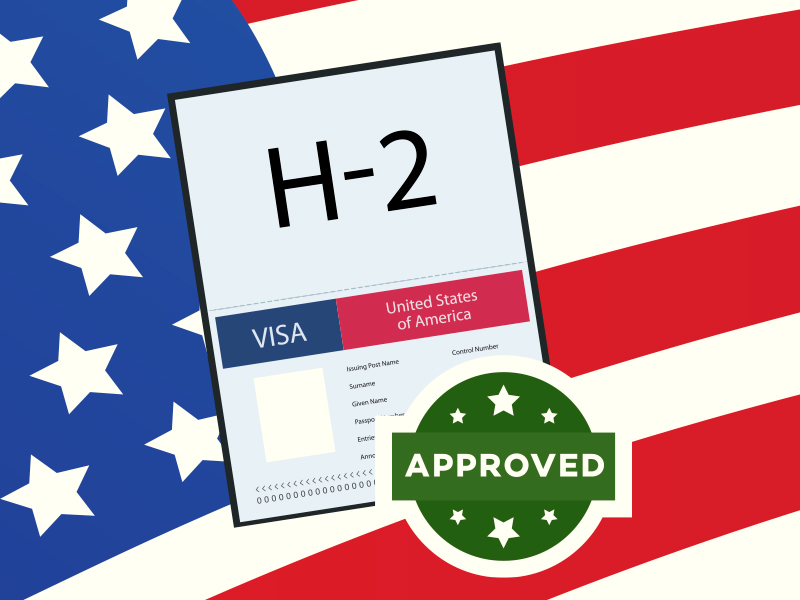
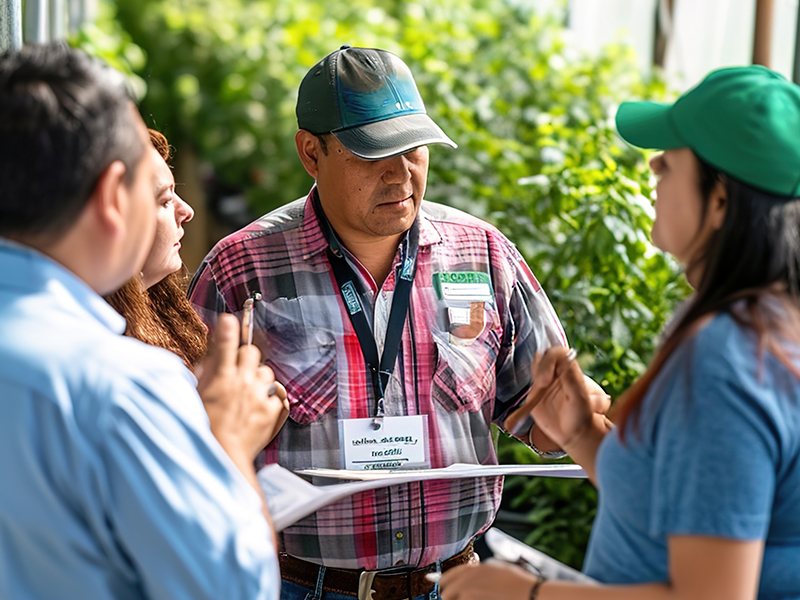
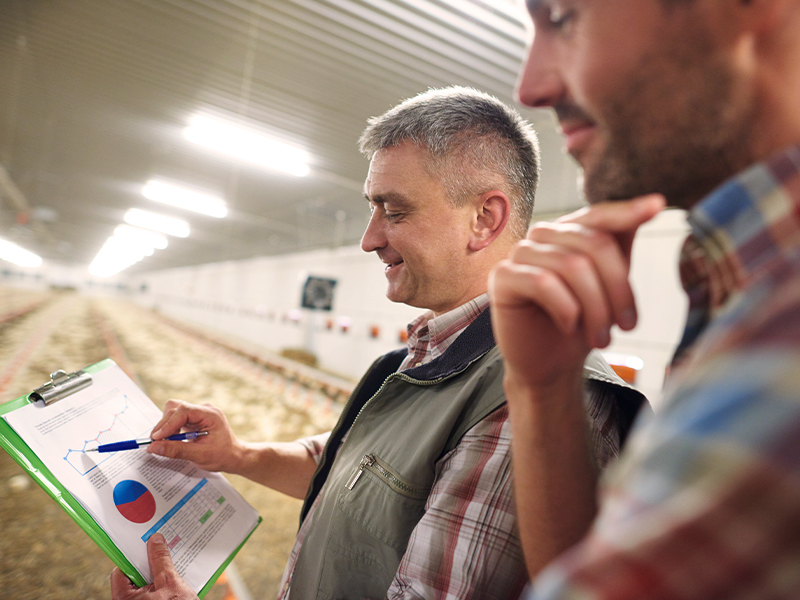





Leave a Reply